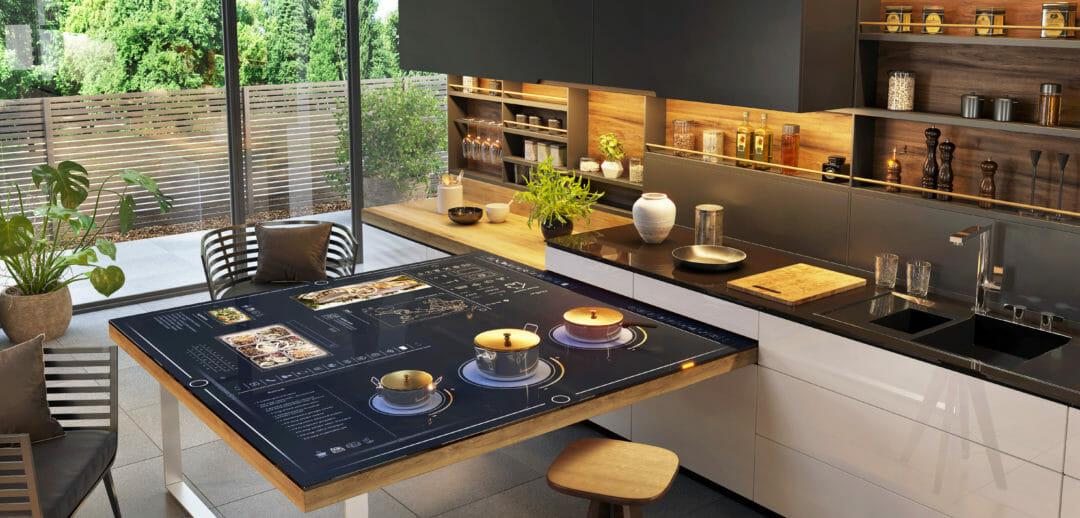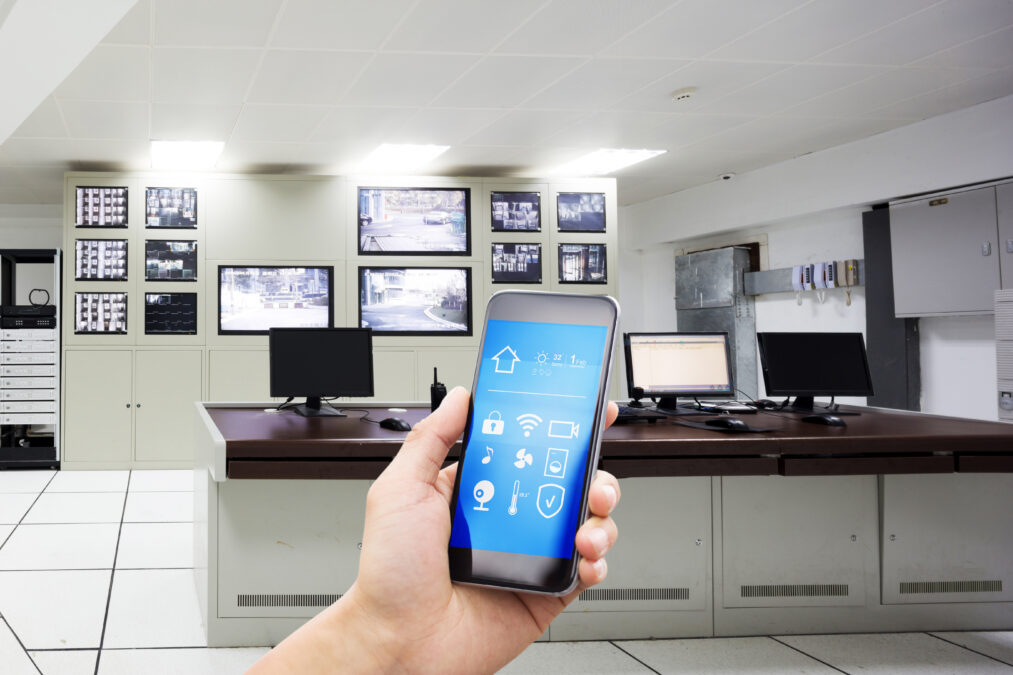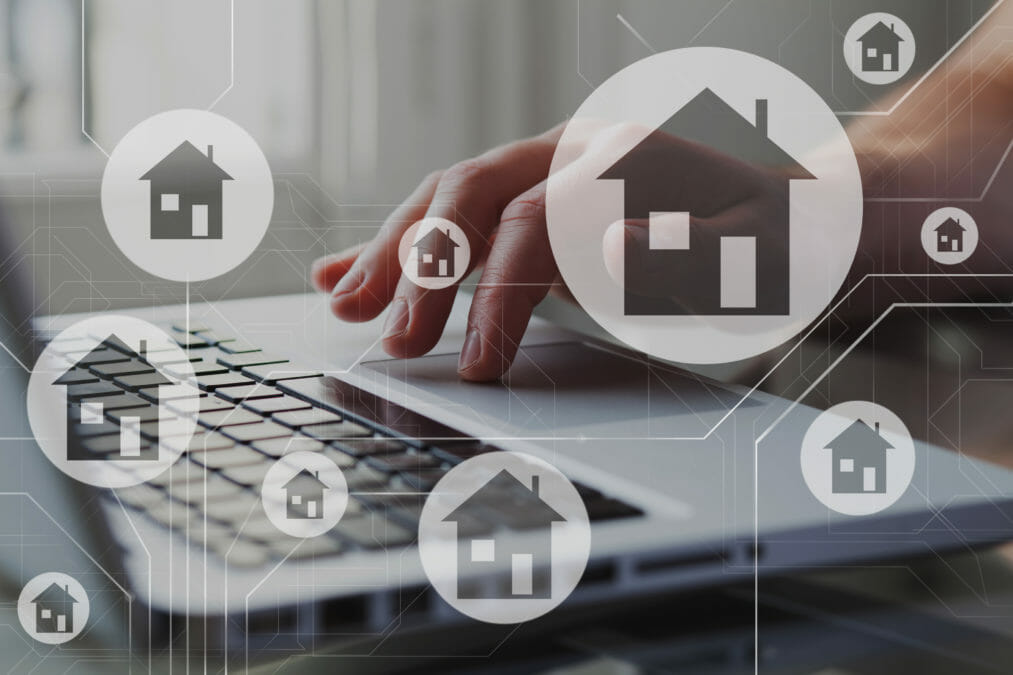Successfully overcoming the world’s sustainability challenges will depend on technology innovation, a willingness to change and a fundamental shift in how we live.
In this Q&A, Information Age spoke to Lee McCormack, CEO at MyGlobalHome – a smart home technology company – to find out about how smart homes, and smart cities will help shape the future of sustainable living.
Who is MyGlobalHome?
MyGlobalHome is a group of experts shaping the future of living. Our work tackles a wide range of issues facing the sector from carbon neutral construction to facilitating better healthcare in the home. We’re funded by UK Research and Innovation through the Industrial Strategy Challenge Fund.
What is its mission?
Our overriding mission is to promote a better future of living and empower the home occupant all whilst remaining fully aligned with the governmental pledge for carbon neutrality by 2050.
If devices could talk to each other, people could not only better understand how to manage their health but also prevent serious emergencies, such as a respiratory event.
Our vision for the future seeks to connect information and understanding to create homes that look after their occupants and not the other way around.
How is technology integrated into the proposition?
Technology is at the heart of everything we do. From our hardware and software connected home control product through to our smart modular fit out system, technology is baked in. We’re also looking at how we can use technology as an enabler to better connect people within the space, whether that’s occupants, developers or local service providers.

How can B2B businesses work with MyGlobalHome or benefit from its proposition?
Connecting industry stakeholders with leading innovators and bespoke resources will be the leading purpose of our platform. We’re creating a streamlined process whereby B2B businesses will be able to access high-quality developers in the residential construction market with simplicity to offer their products and services for compelling projects in the space.
What is the opportunity you are seeing in the smart home space currently?
What we’re seeing is a growing demand for smart homes but a slower uptake than expected. Installed solutions are a challenge for developers as they are costly, complex to design and suffer from reliability issues. IoT solutions suffer from integration and interoperability issues, cyber security flaws and long-term reliability problems. The opportunity is there for a robust, cost effective solution that is baked into the core fabric of the home, offering a truly integrated and stable user experience and not reliant on cloud-to-cloud integration of multiple devices.
Alongside this, and perhaps more importantly, smart homes as we currently know them are often simply a collection of gadgets. Whilst most solutions focus on giving control of a specific siloed application from a smart device, we see an opportunity to drive real meaning through smart home technology. Real meaning to us means optimised energy performance, optimised home health and well-being, optimised community engagement, optimised convenience and comfort and much more.
Are smart homes a precursor to smart cities?
They should be. But smart city adoption is accelerating faster than smart home adoption at the moment. It is simpler for a mass district level deployment of technology at a local authority level than deploying technology within each individual home.
Longer term, I actually see smart cities being a precursor to a larger uptake of truly smart homes. After all, a smart home within a smart city context has a lot more meaning to it than a smart home in isolation.
See also: What’s holding back mass adoption of smart home technologies?










